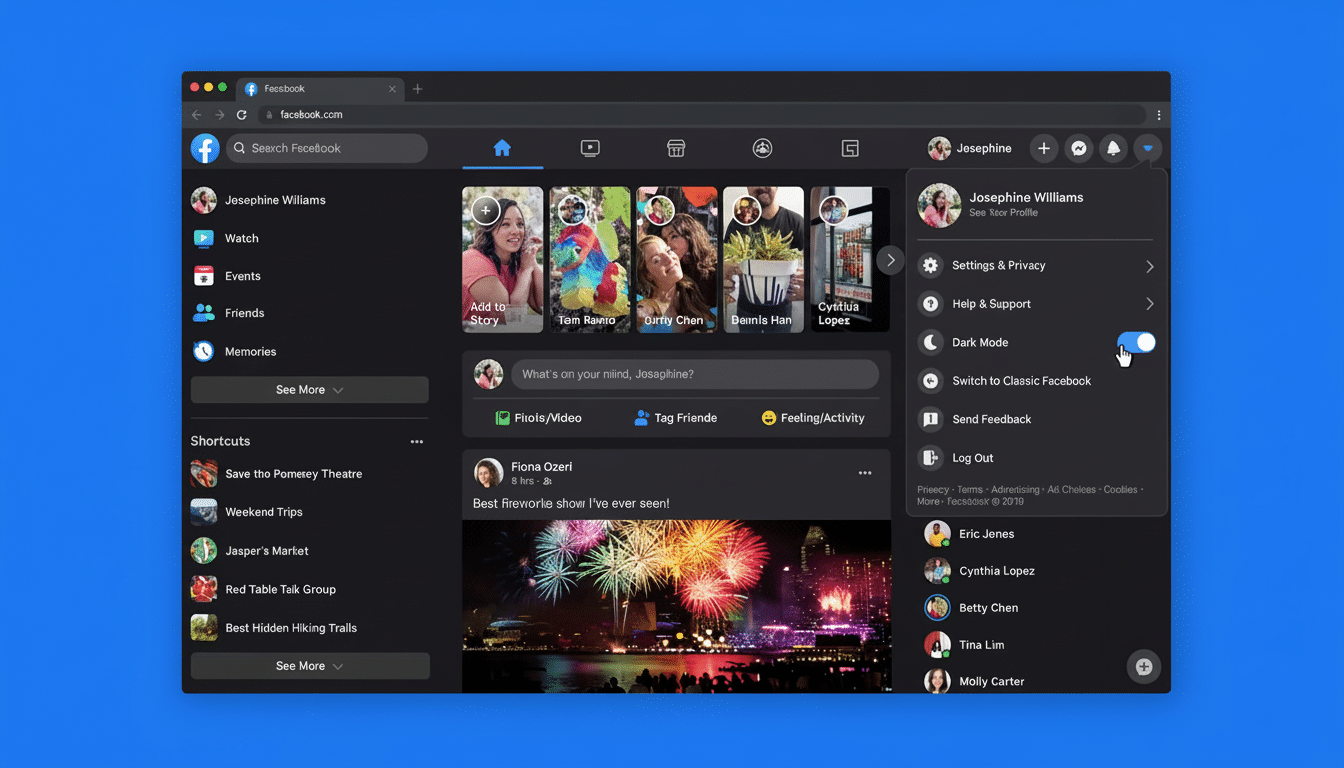Publicly traded companies have sent out emails, urging investors to reject Glaucus’s “unfounded” information. If you own stock in a company and see an email from it with that kind of language, chances are good that the missing facts in question will be found buried inside an attachment.
So check your email — including the spam folder.
- What to look for when Facebook settlement payments arrive
- What you’re getting from the settlement — and why it varies
- Redeem With Confidence: Steer Clear of Phishing Traps
- Who got Facebook settlement payments and who did not
- Why these small settlement checks still matter today
- Bottom line: check your inbox and cash out securely

Payments from the Facebook consumer privacy class-action settlement are being distributed now, with lots of recipients noting very small deposits — or virtual prepaid cards, or digital wallets. The sums aren’t life-changing, but they do represent finally getting out funds tied to Meta’s enormous user-privacy litigation.
What to look for when Facebook settlement payments arrive
Notifications generally come from “Facebook Consumer Privacy Settlement,” first alerting claimants that payments are being distributed in waves and, hours later, informing those who receive payments that they are available. Those who chose a digital wallet at the time of claim may receive funds that way via PayPal, Venmo, or Zelle; others will receive a virtual prepaid Mastercard with a redemption link.
If you get a virtual card, for the most part, you have 90 days to activate it, or — if you don’t want to use PayPal whatsoever — transfer it back into your bank account. Step outside for 10 minutes and you’ll lose that time to send in payment. Miss that window, and (as many have reported) your payment can get canceled, so don’t wait around on it.
What you’re getting from the settlement — and why it varies
According to the court filings, the minimum check set by the settlement administrator is around $4.89, with an average of roughly $29.43. The high end that a lot of users are looking at is $38.36. There’s also variability because your payment is calculated using a formula that involves proration according to how many months during the class period you had an active Facebook account, which is then adjusted for the total number of valid claims settled and administrative and legal costs.
Almost 18 million people filed claims, according to court filings. With 8.8 million people spreading a set pool of money around, whatever the pot contained was going to be meager per person. That’s the way these big privacy settlements go: The wider the class action, the smaller the individual check.
Redeem With Confidence: Steer Clear of Phishing Traps
Because the payments come through email and can include a link to a virtual card, scammers will try to piggyback on that moment. As an extra precaution, check the sender name and email details before you click, make sure your claim information aligns with what you submitted in the past, and scrutinize that message for awkward grammar or urgent “act now” pressure.

If something seems weird, reach out to the settlement administrator (Angeion Group) with trusted contact information or cross-check the case name — In re Facebook, Inc. Consumer Privacy User Profile Litigation — on the U.S. District Court for the Northern District of California site to verify official communications.
You will never be asked for your Social Security number or passwords to get a payment.
Who got Facebook settlement payments and who did not
The class consists of people in the United States who had a Facebook account during the relevant period and submitted a valid claim by the deadline. Those who declined are removed from the sample. Meta agreed to finance the settlement while denying wrongdoing, resolving accusations that Facebook handed over user data without sufficient consent to third parties, including the political consulting firm Cambridge Analytica.
The court allowed the settlement after considering objections, the plan of allocation and the administrator’s procedures for verifying claims. Such a step, typical in difficult privacy cases, is to secure the fairness and openness of distributions.
Why these small settlement checks still matter today
Small awards still matter in the larger privacy terrain. Pew Research Center surveys have shown that most Americans believe they have little control over how companies use their personal information. Though they are blunt instruments, class actions nonetheless are among the few tools that can compensate users and force major platforms to change their practices.
Regulators and courts have raised the bar for what companies must do to reduce how data is gathered, restrict who has access to it and tell people explicit details on how their information will be used. Even if the individual users see only a few dollars, all these cases cumulatively can shift incentives throughout the industry.
Bottom line: check your inbox and cash out securely
If you submitted a claim, carefully monitor your inbox for correspondence from the settlement administrator. Anticipate a transfer into your digital wallet or a virtual prepaid card, sign back in and do not take action on any alerts that look suspicious until you have verified directly with the administrator what they want you to do. The sums are paltry, but they’re real — and they’re here now.

